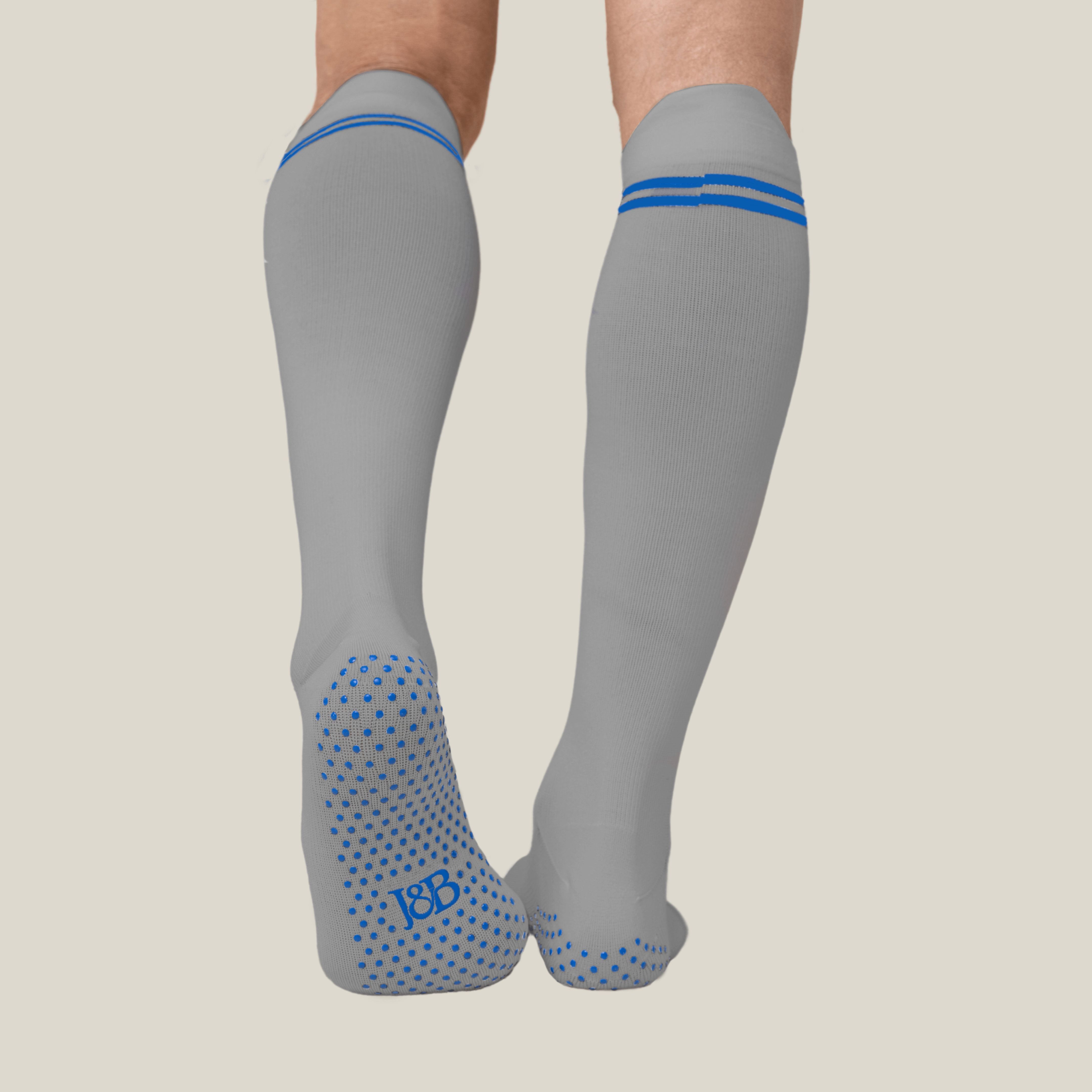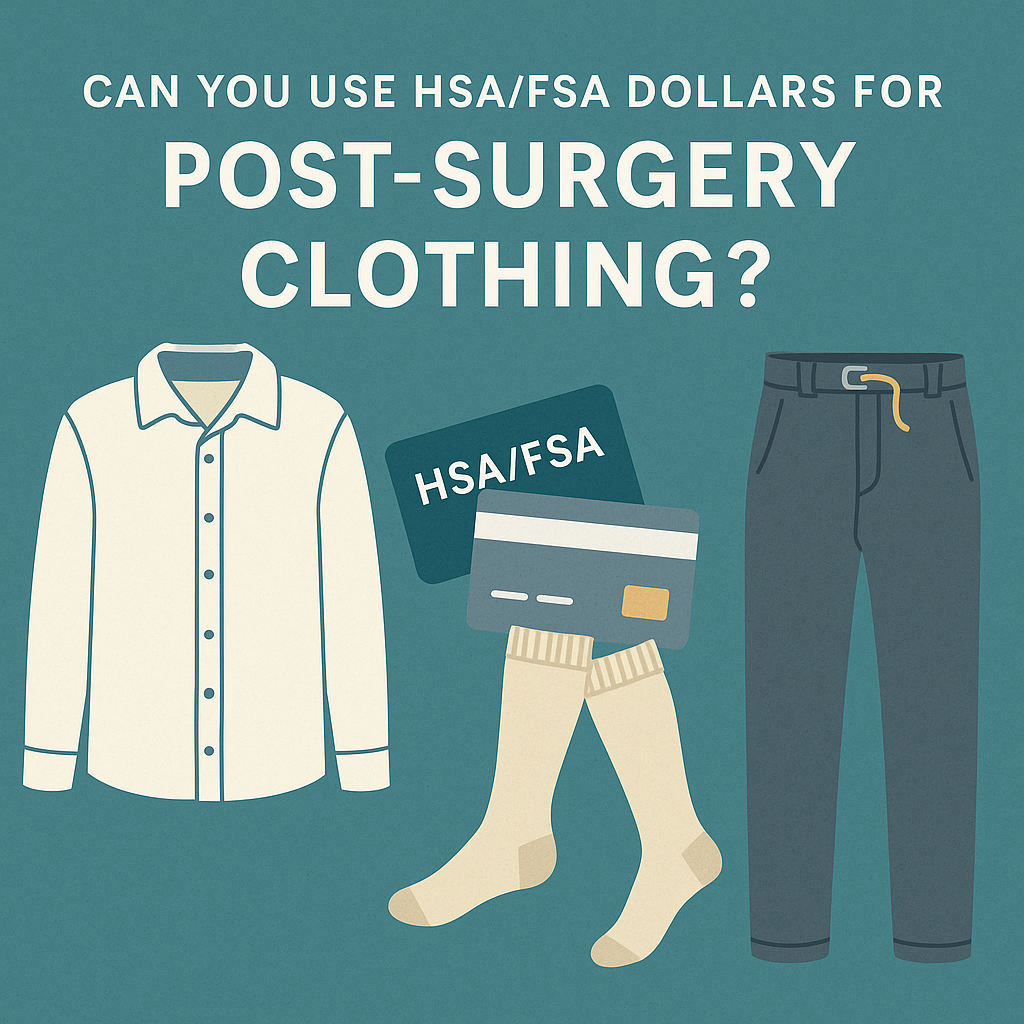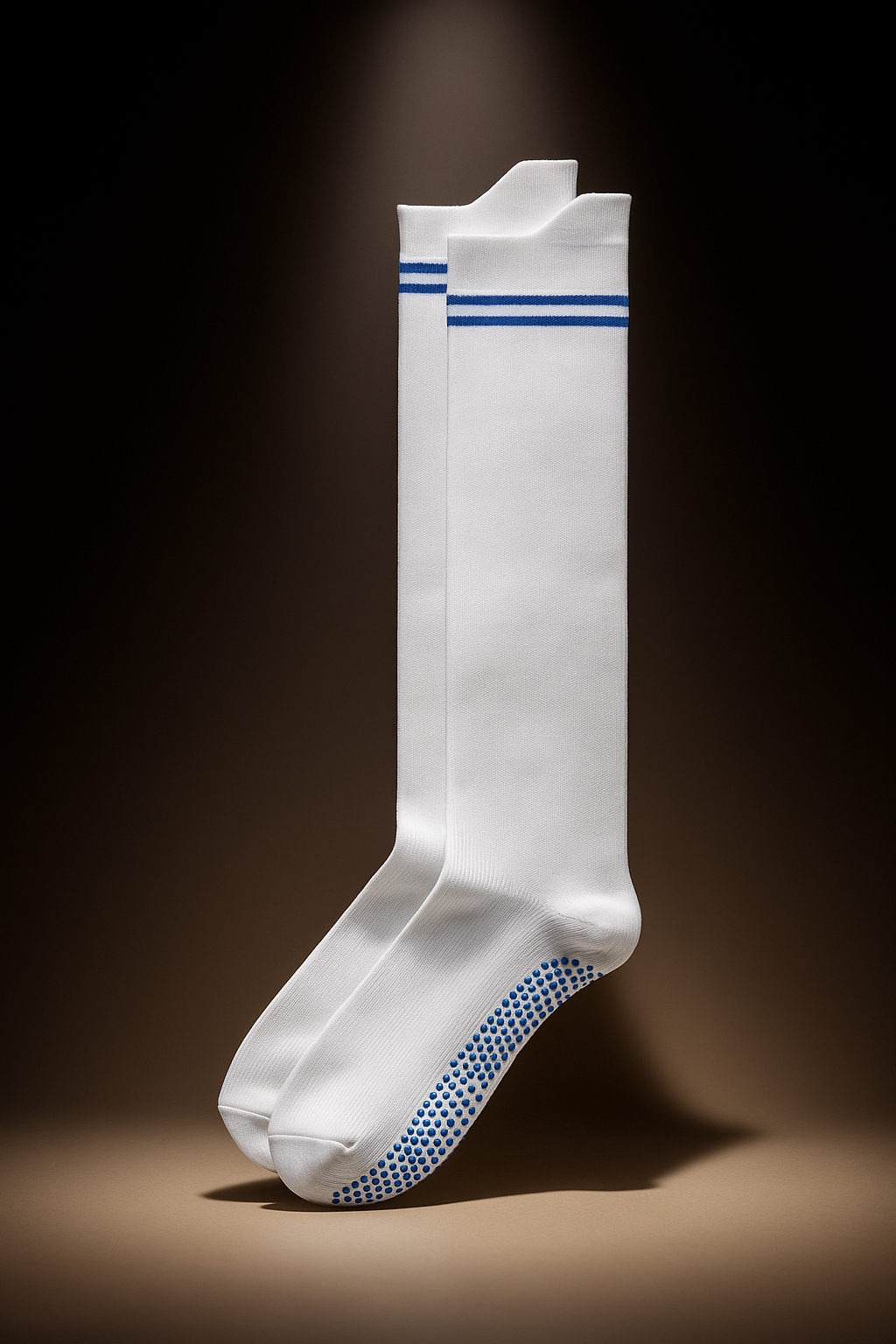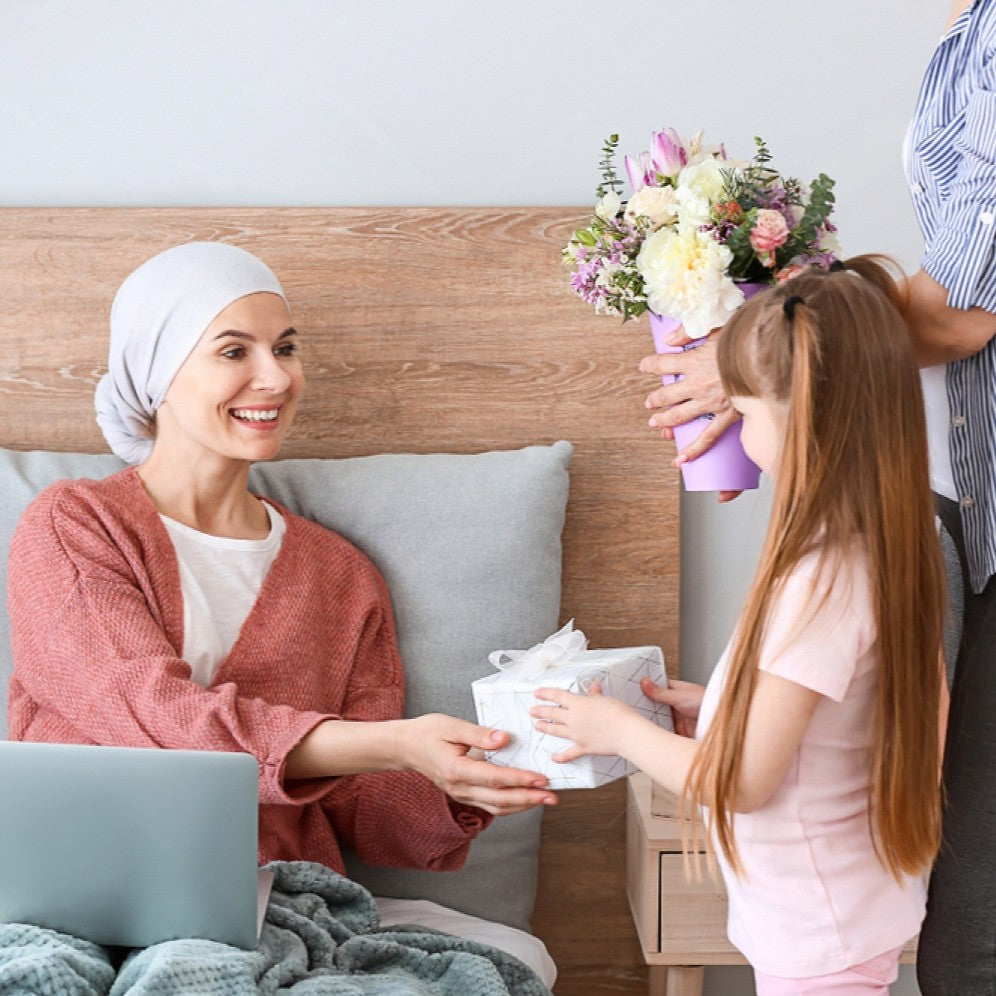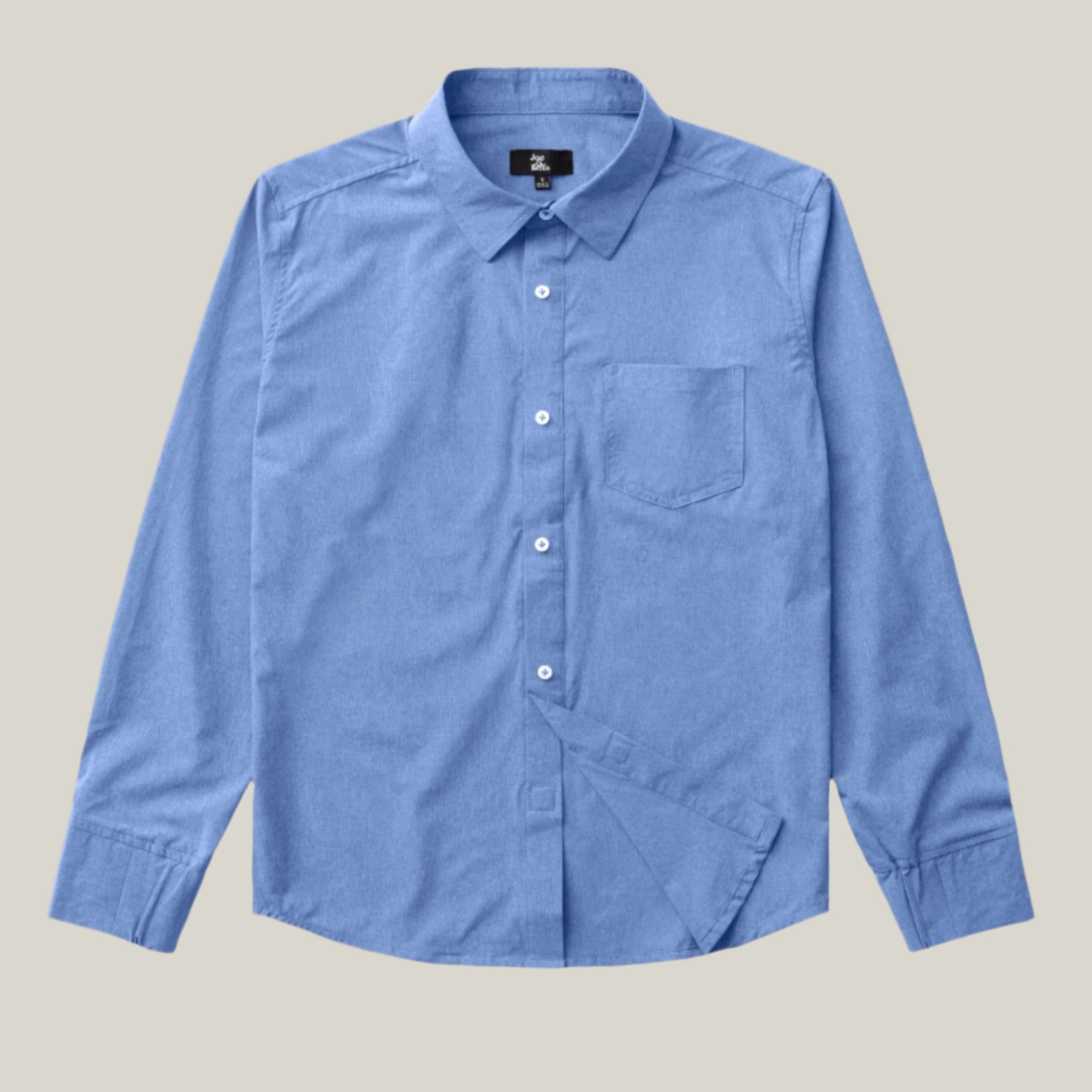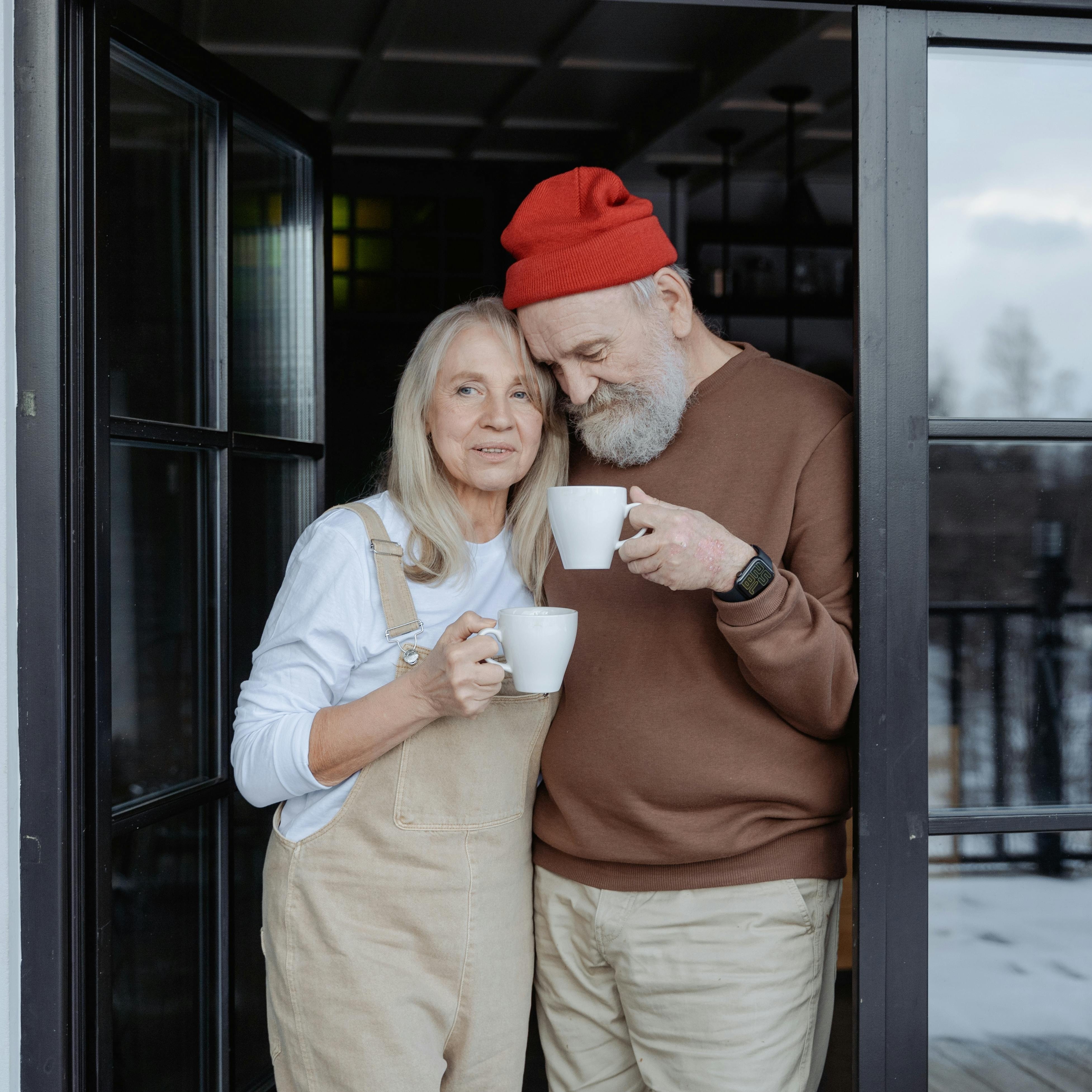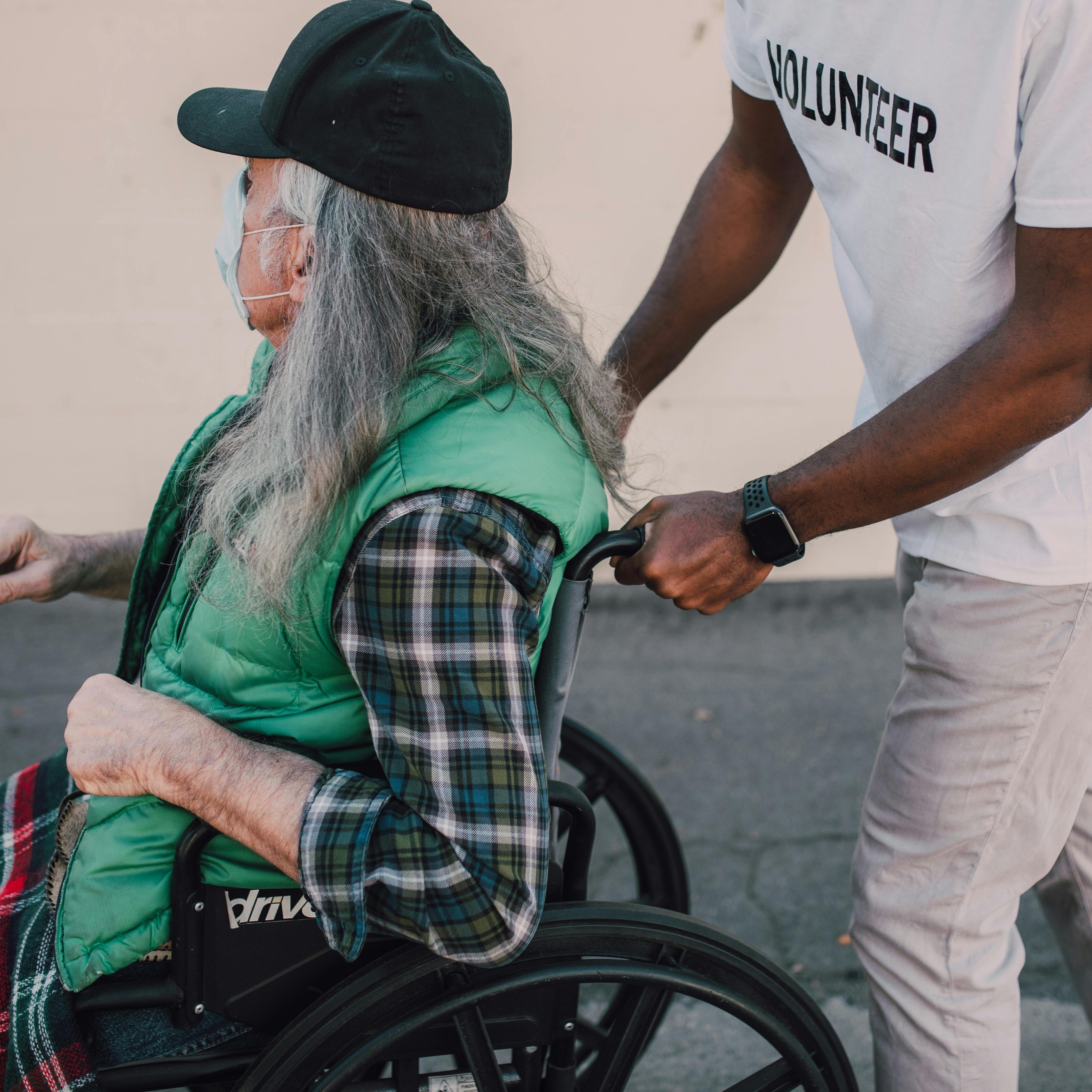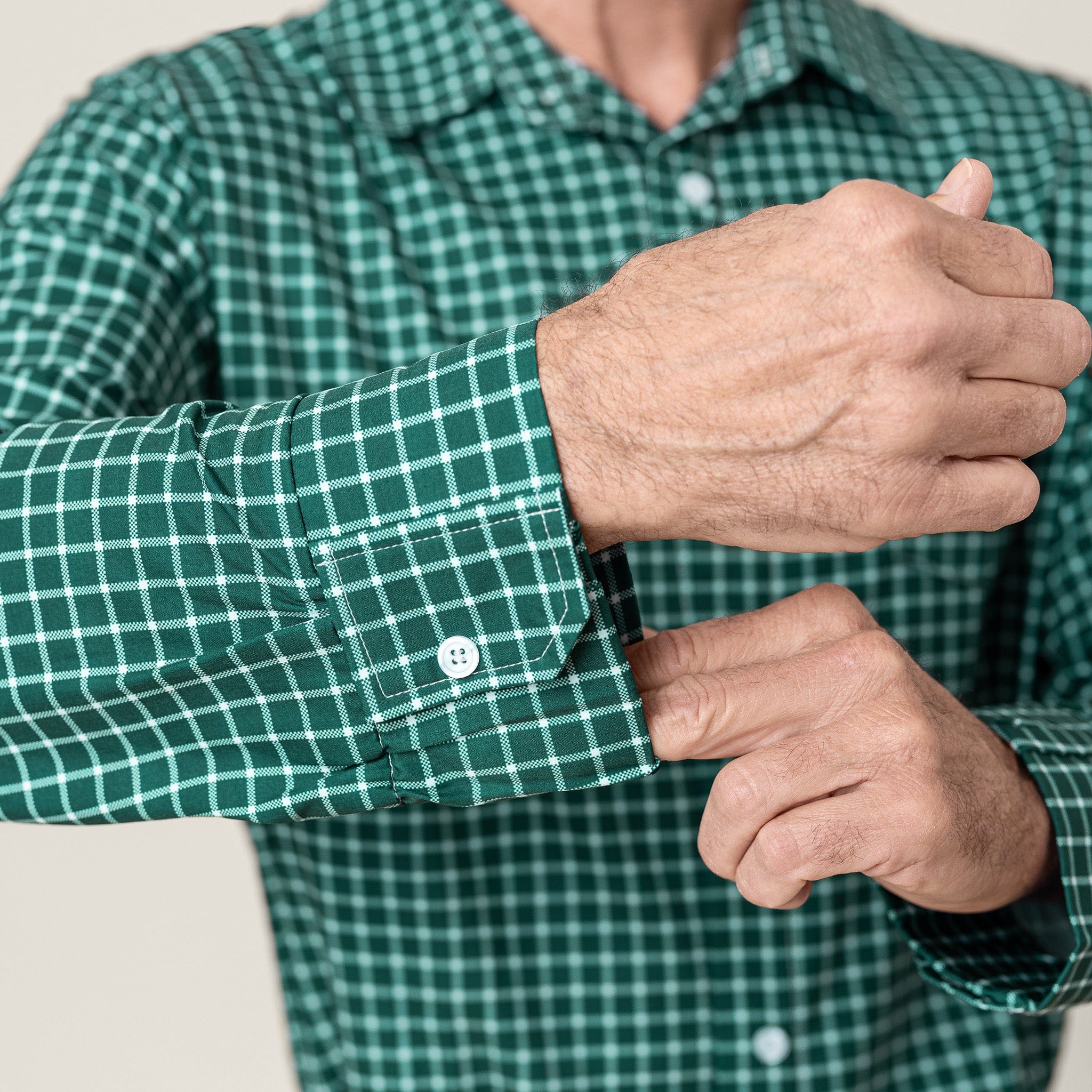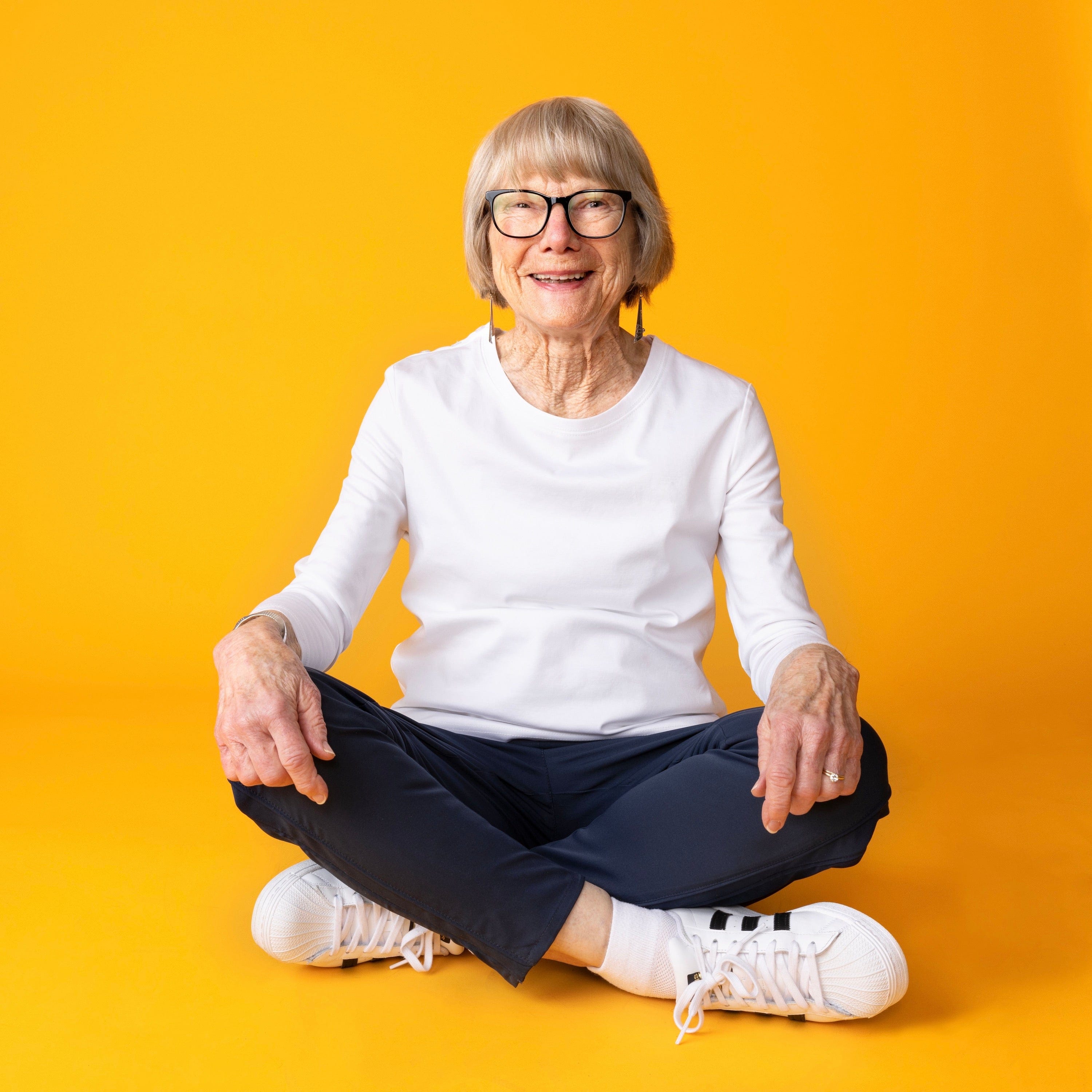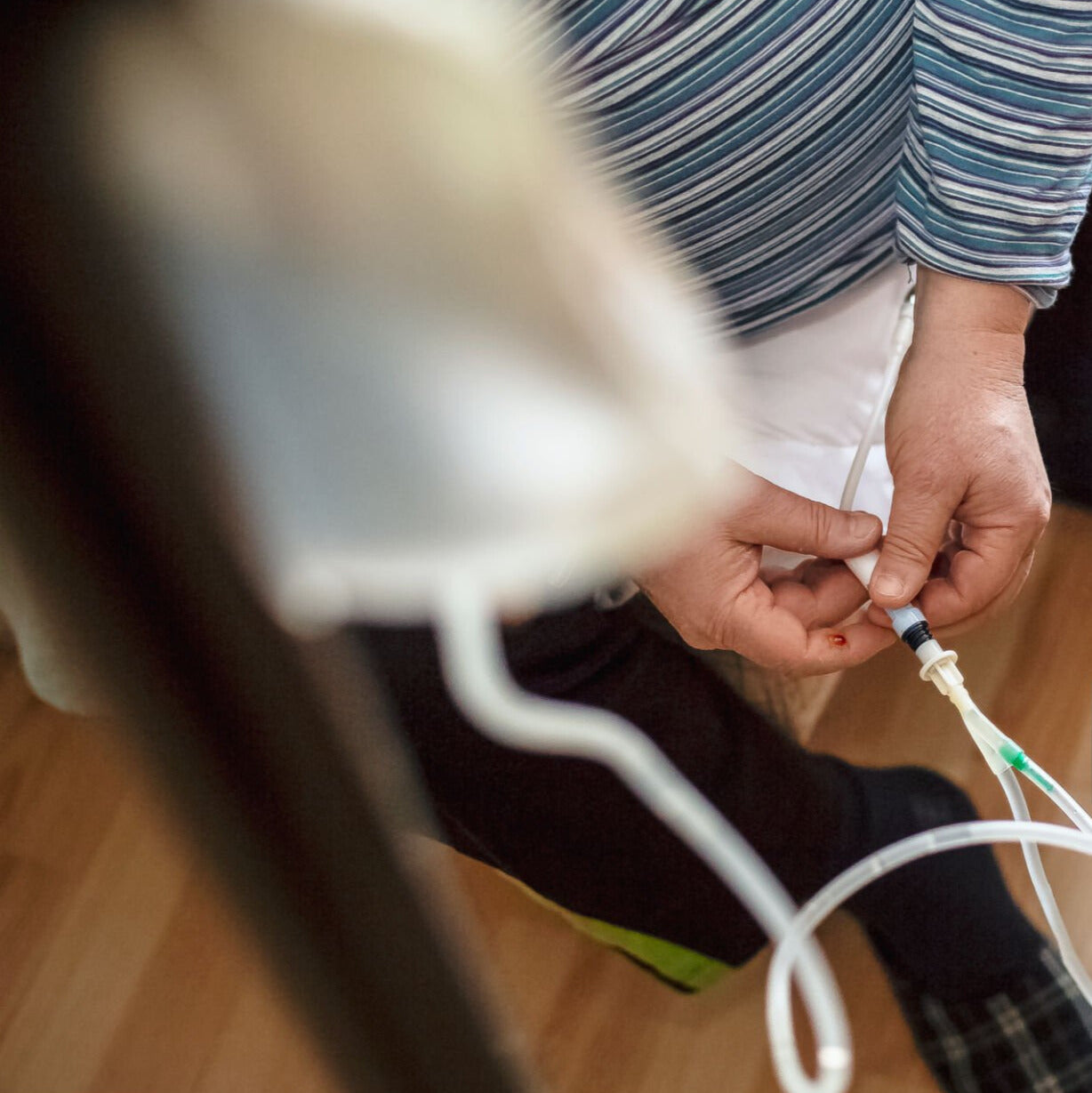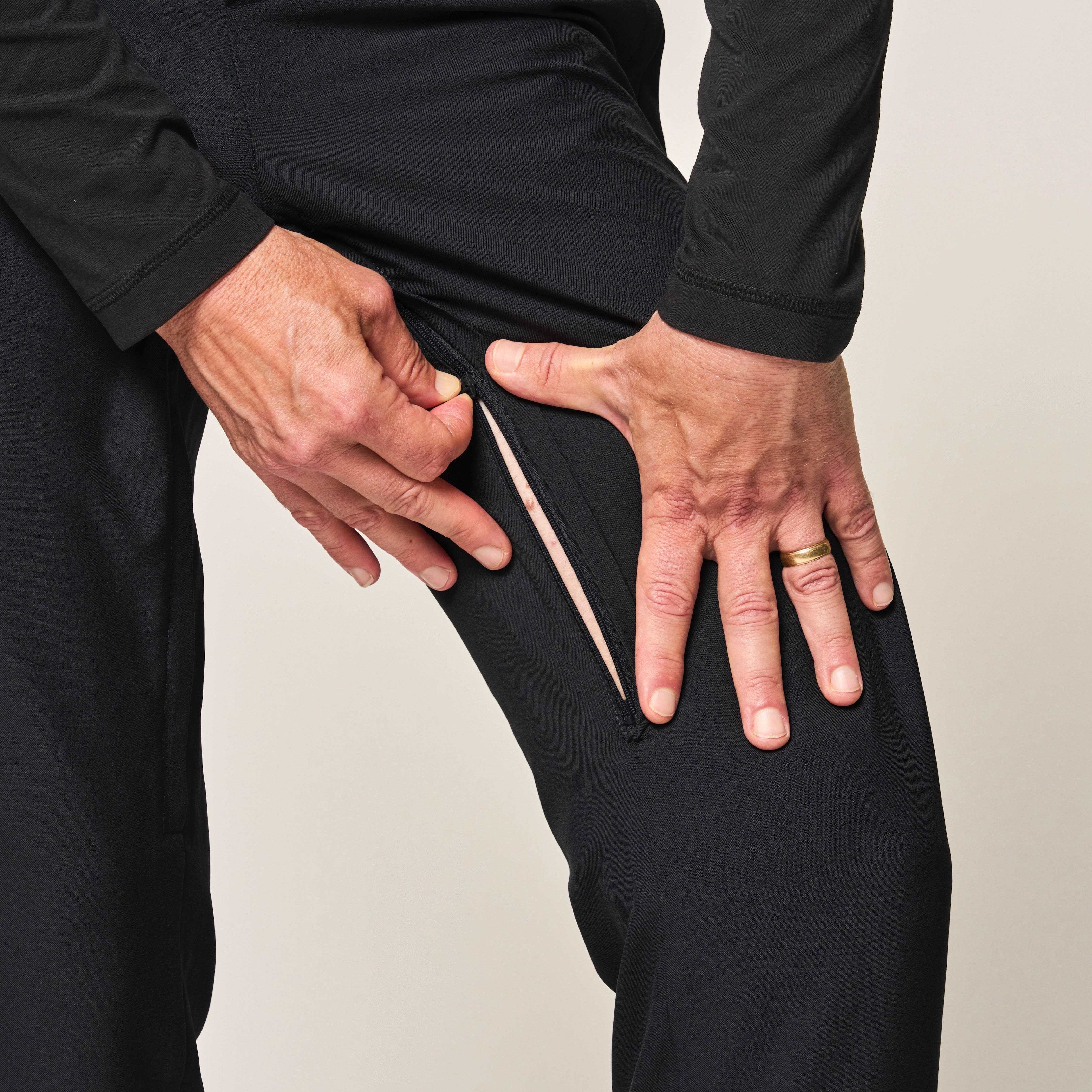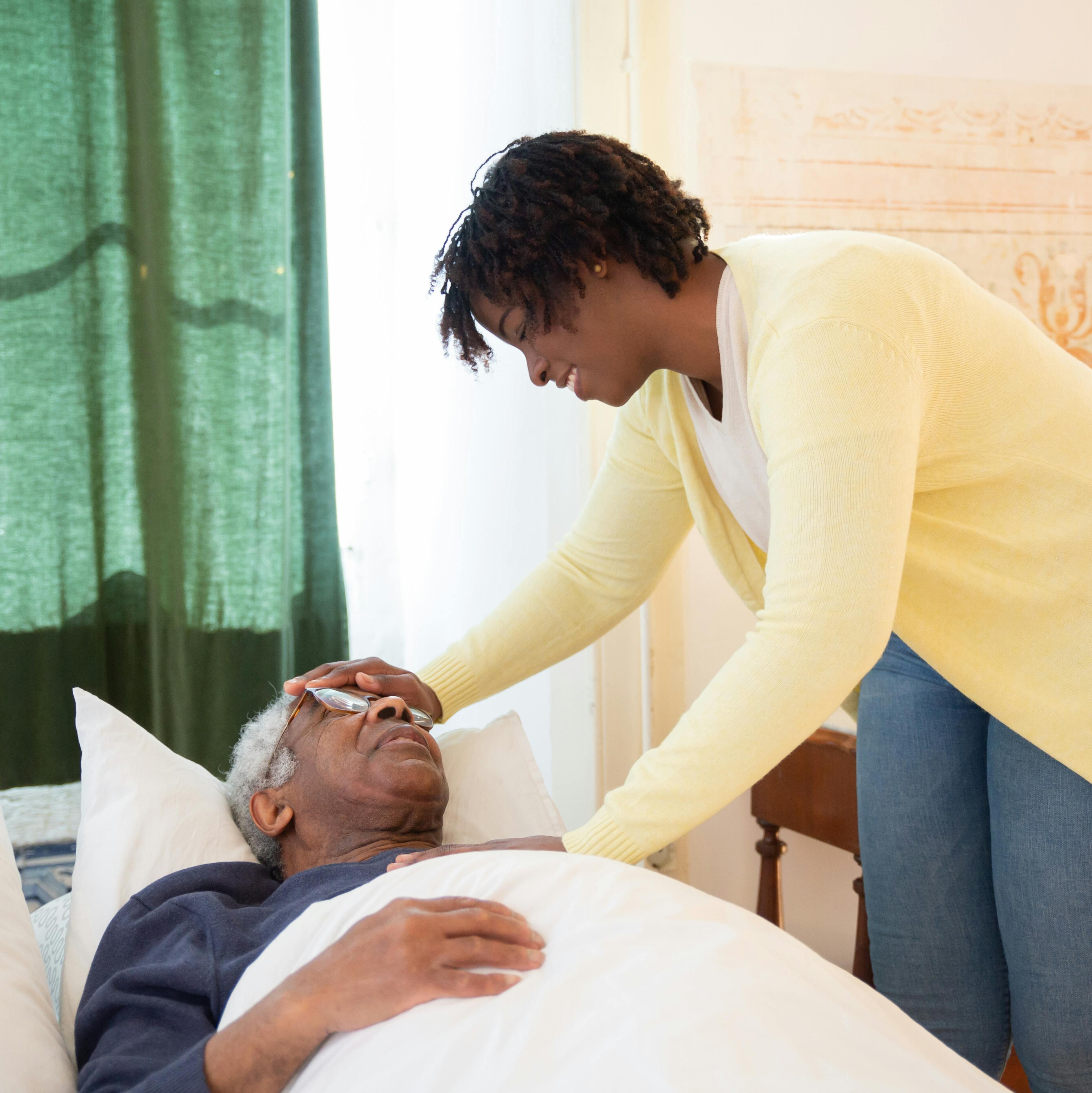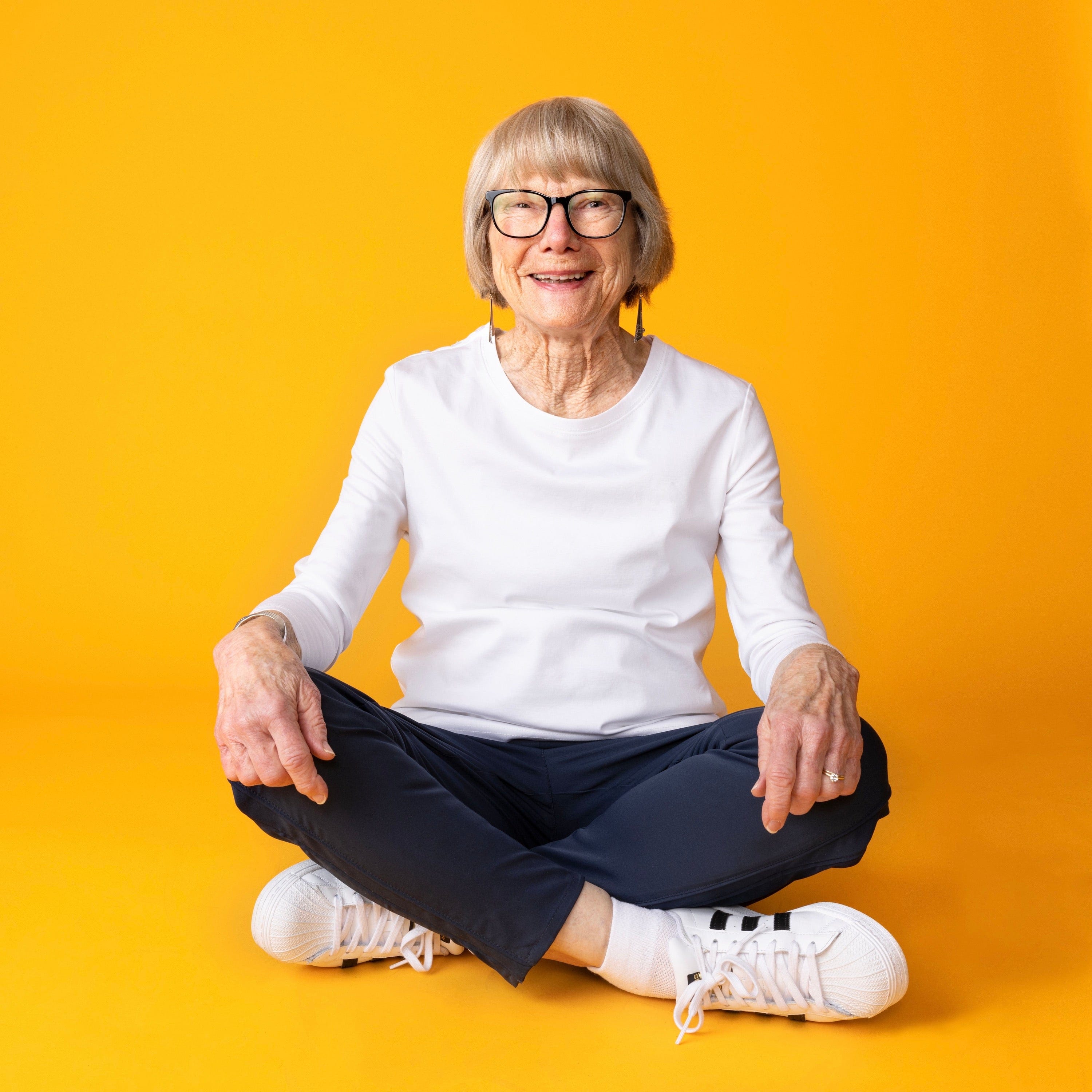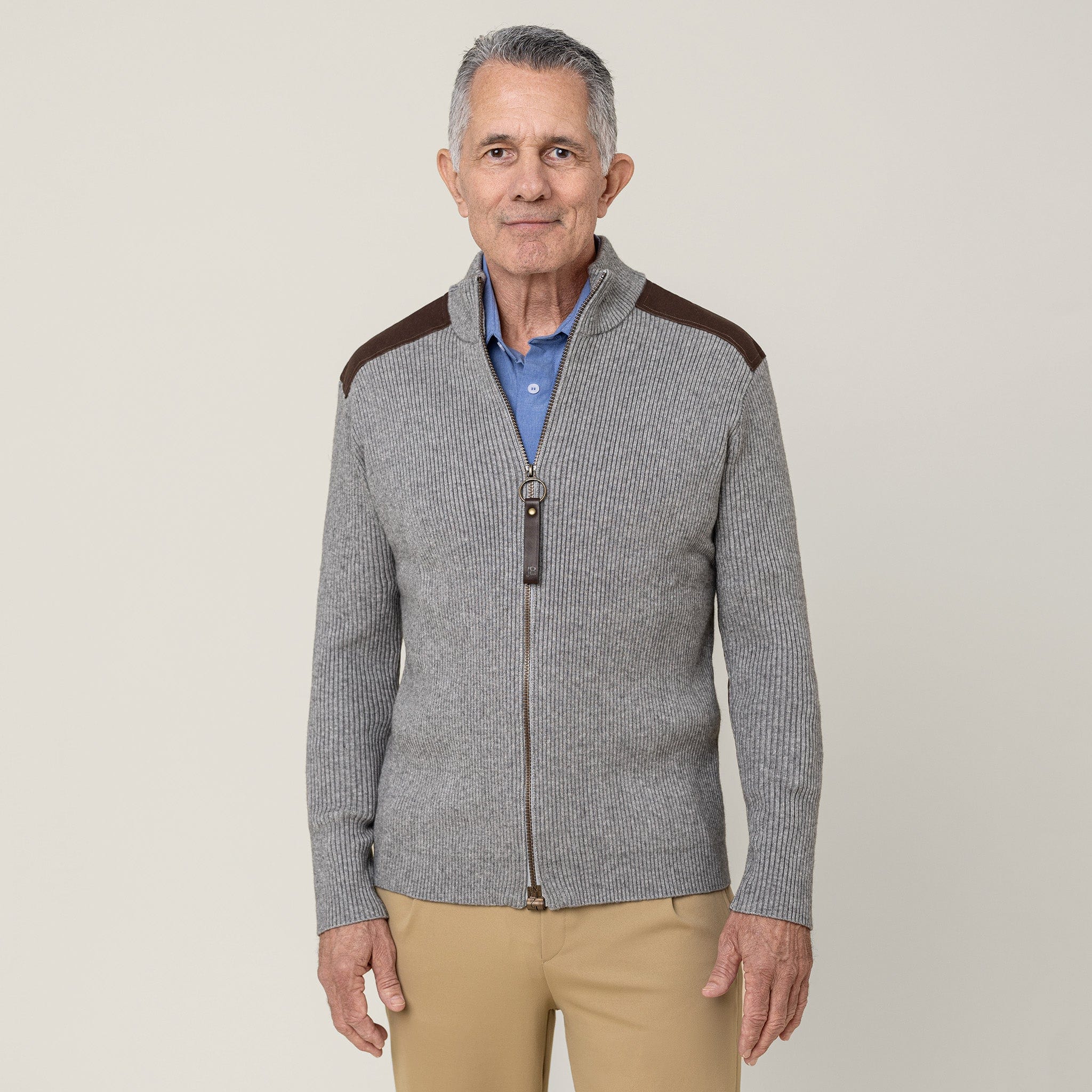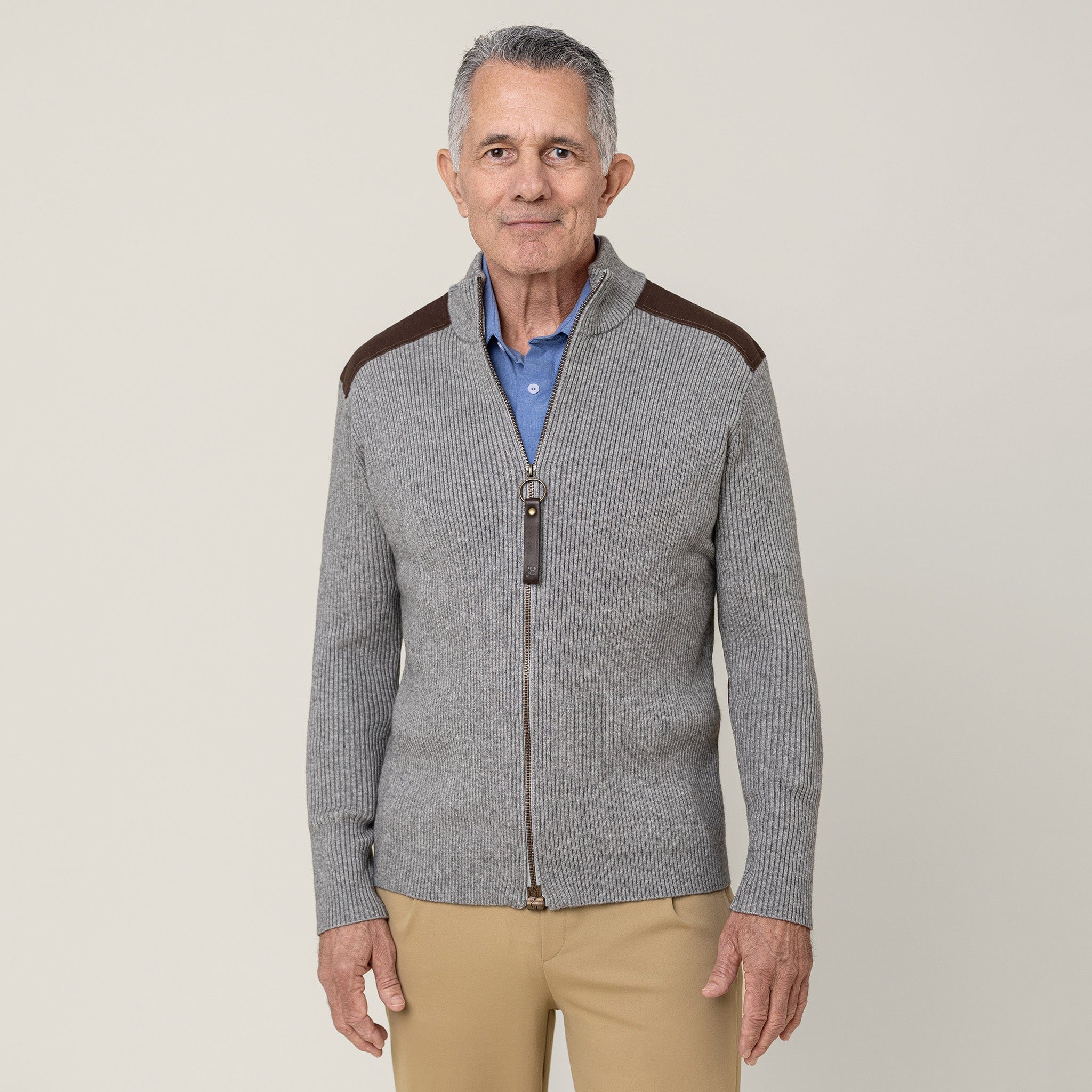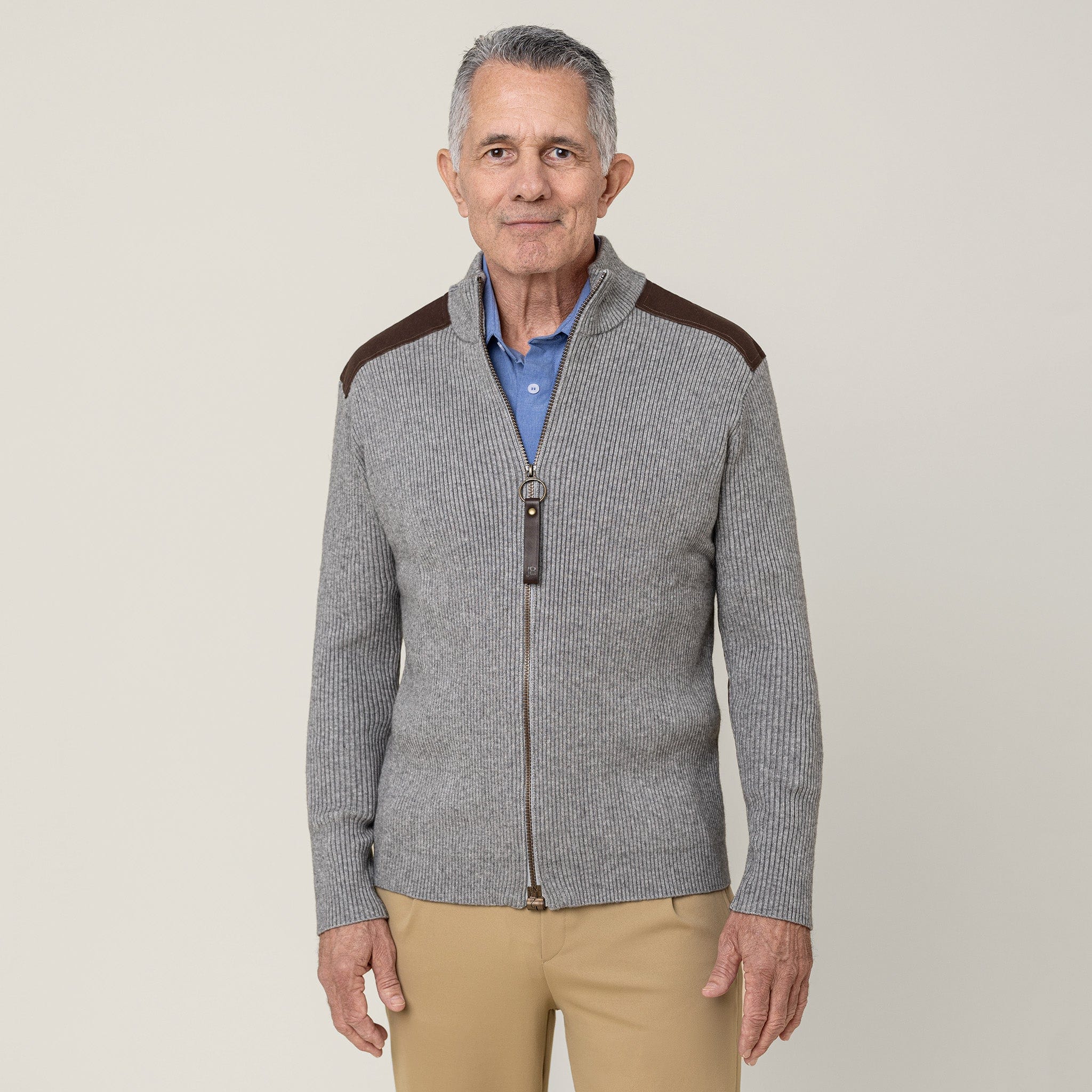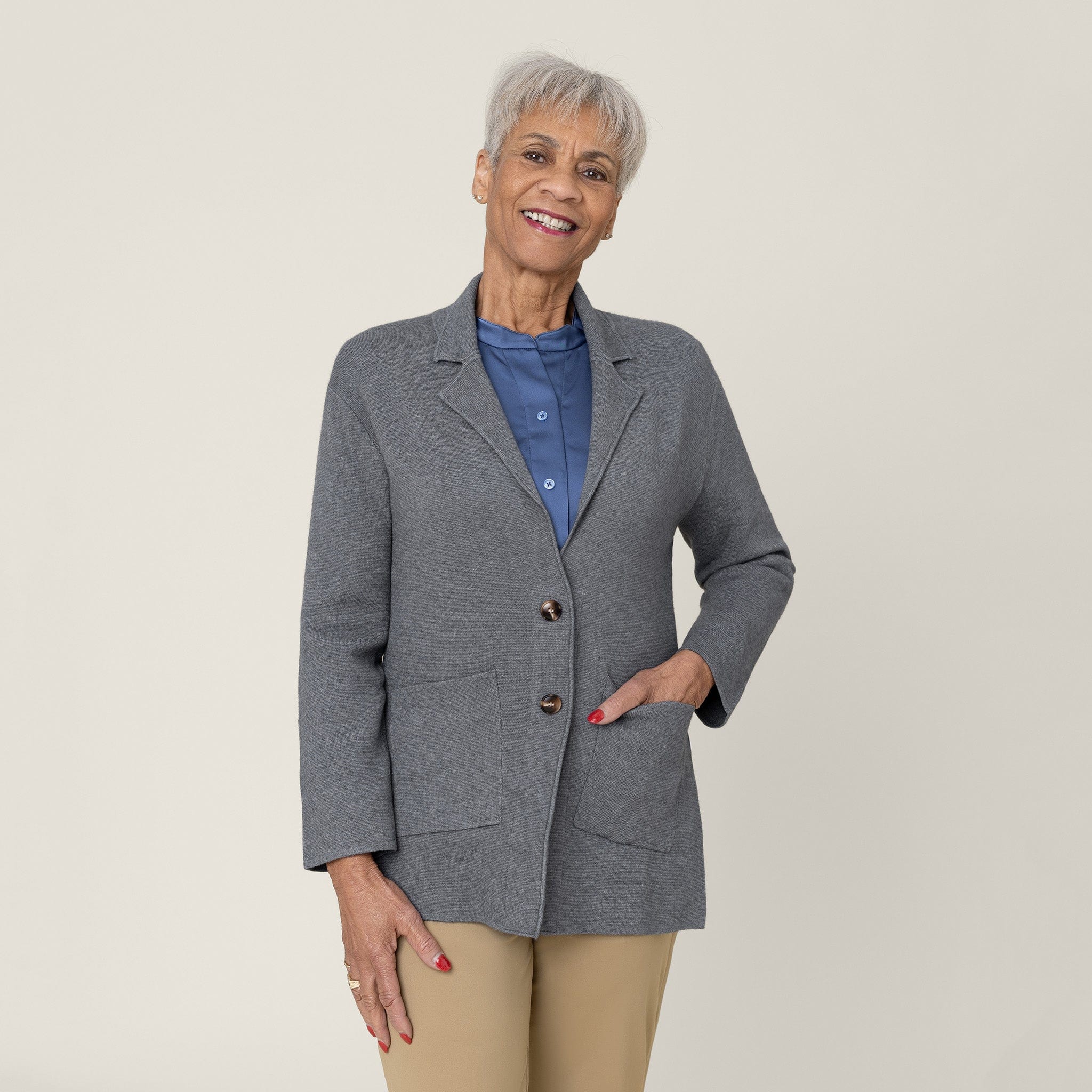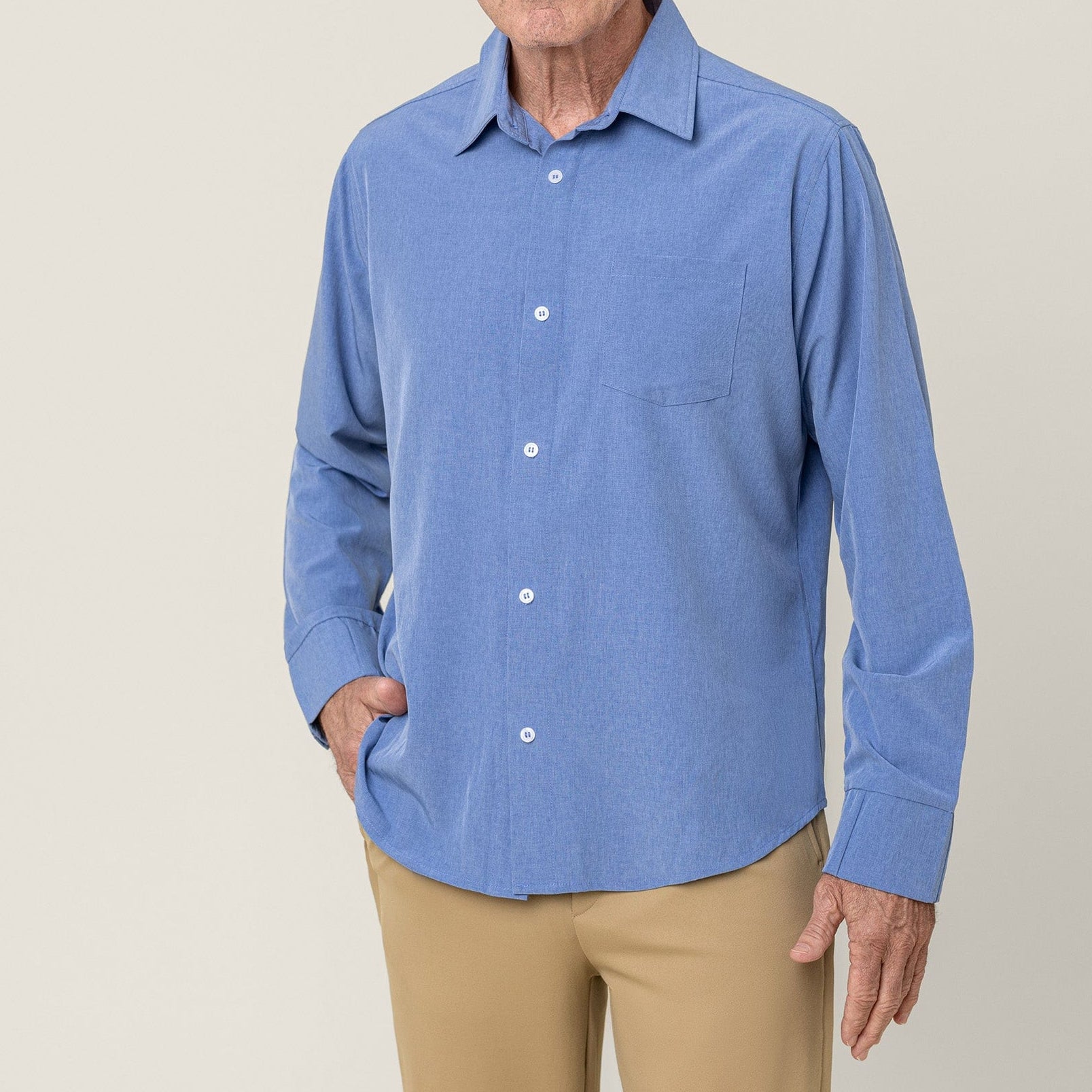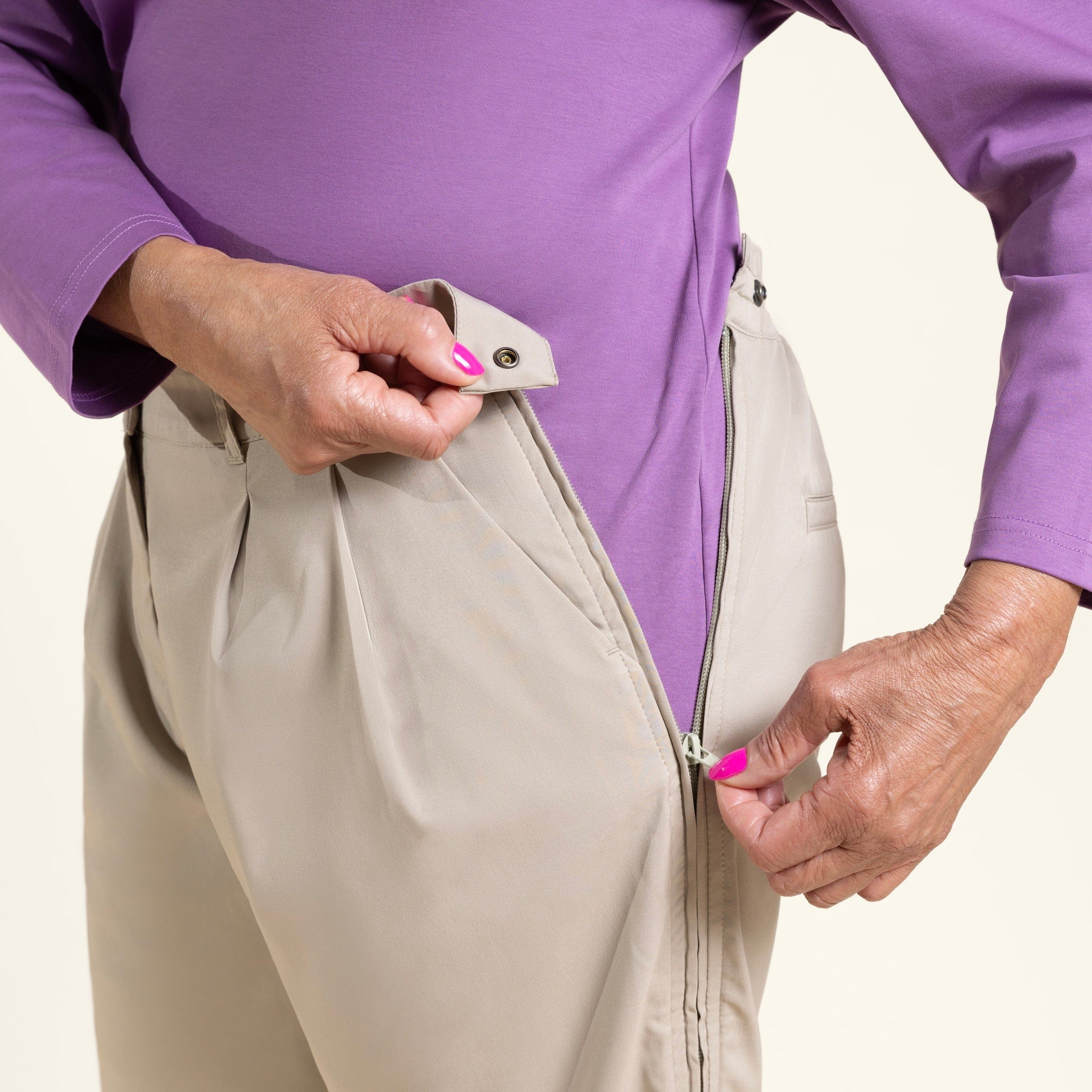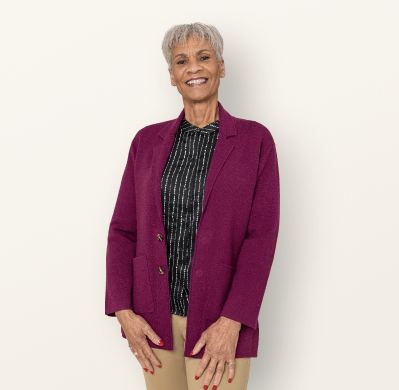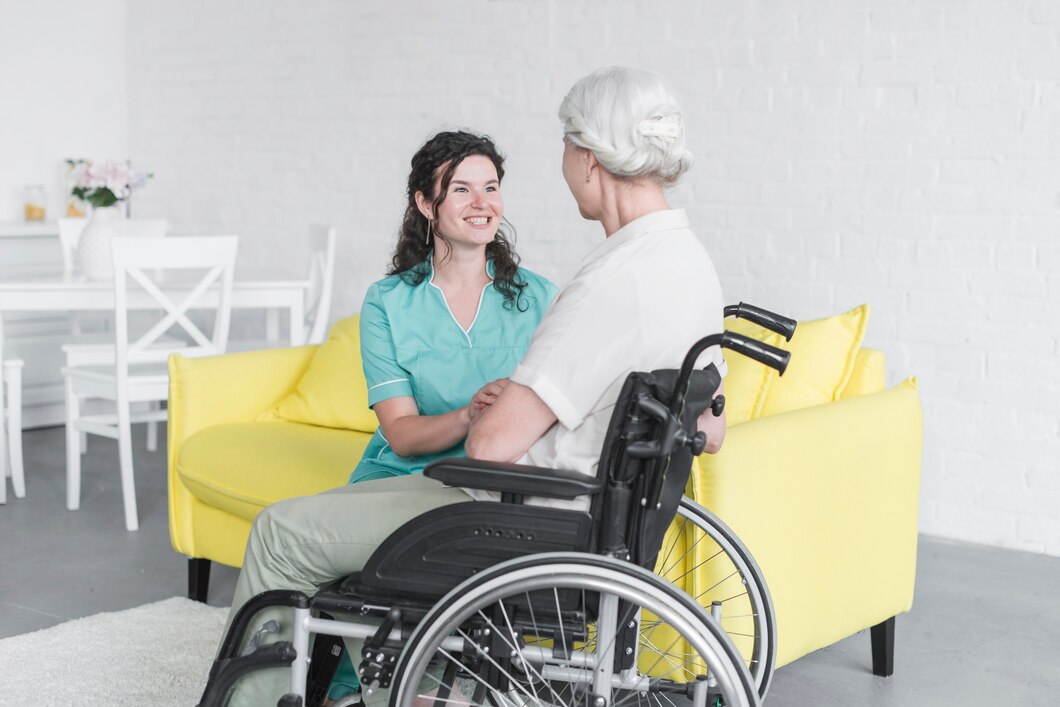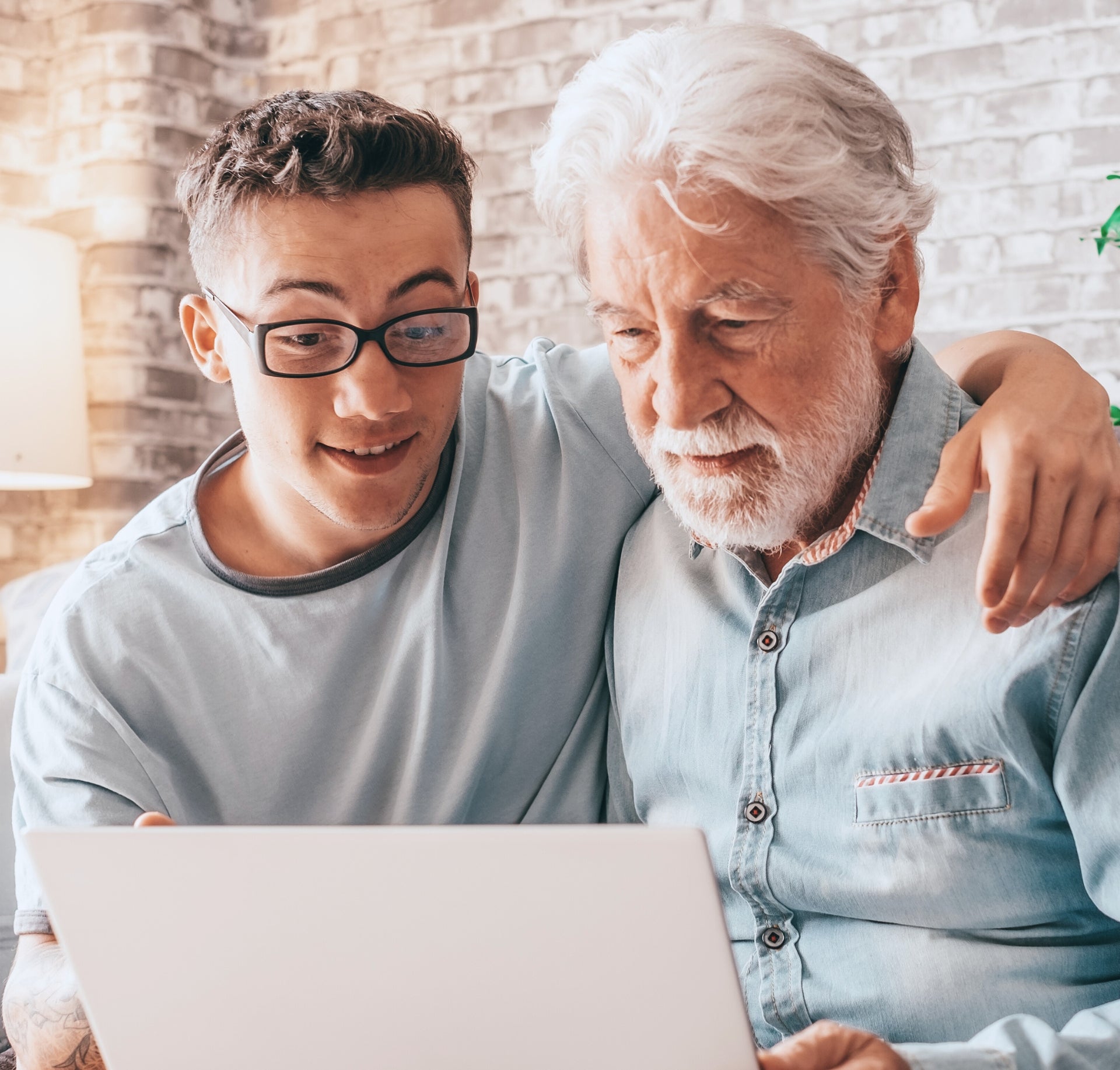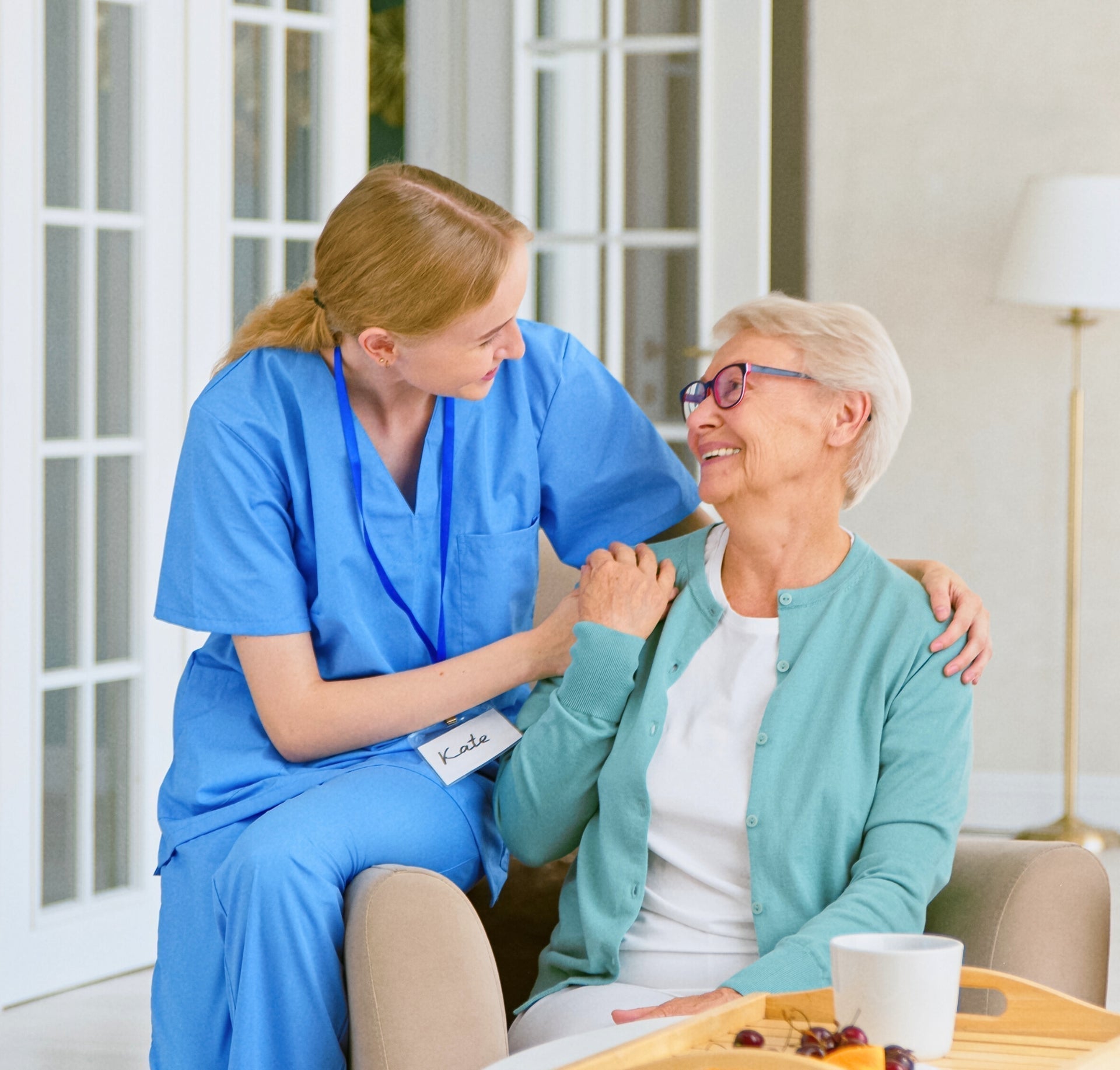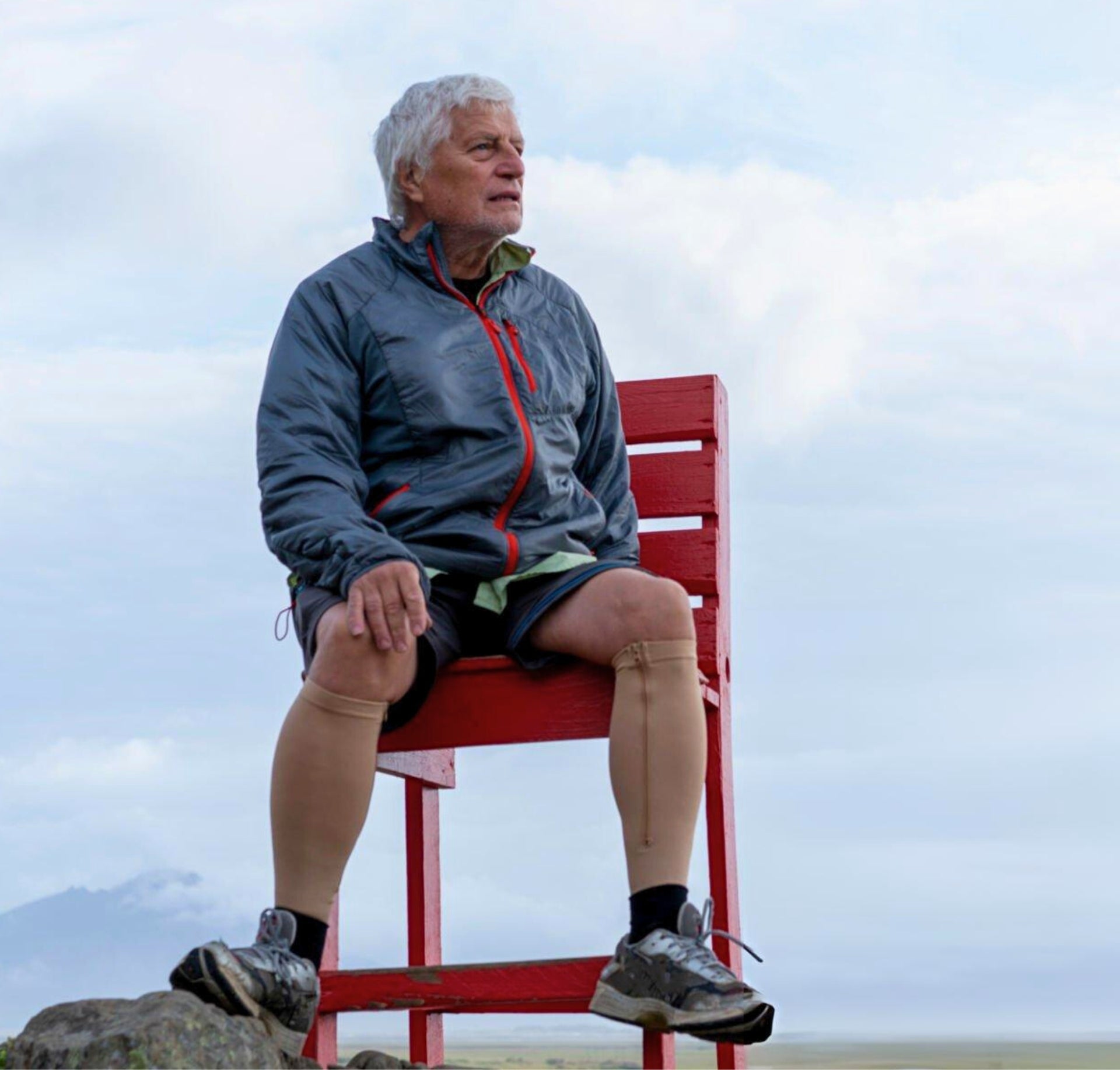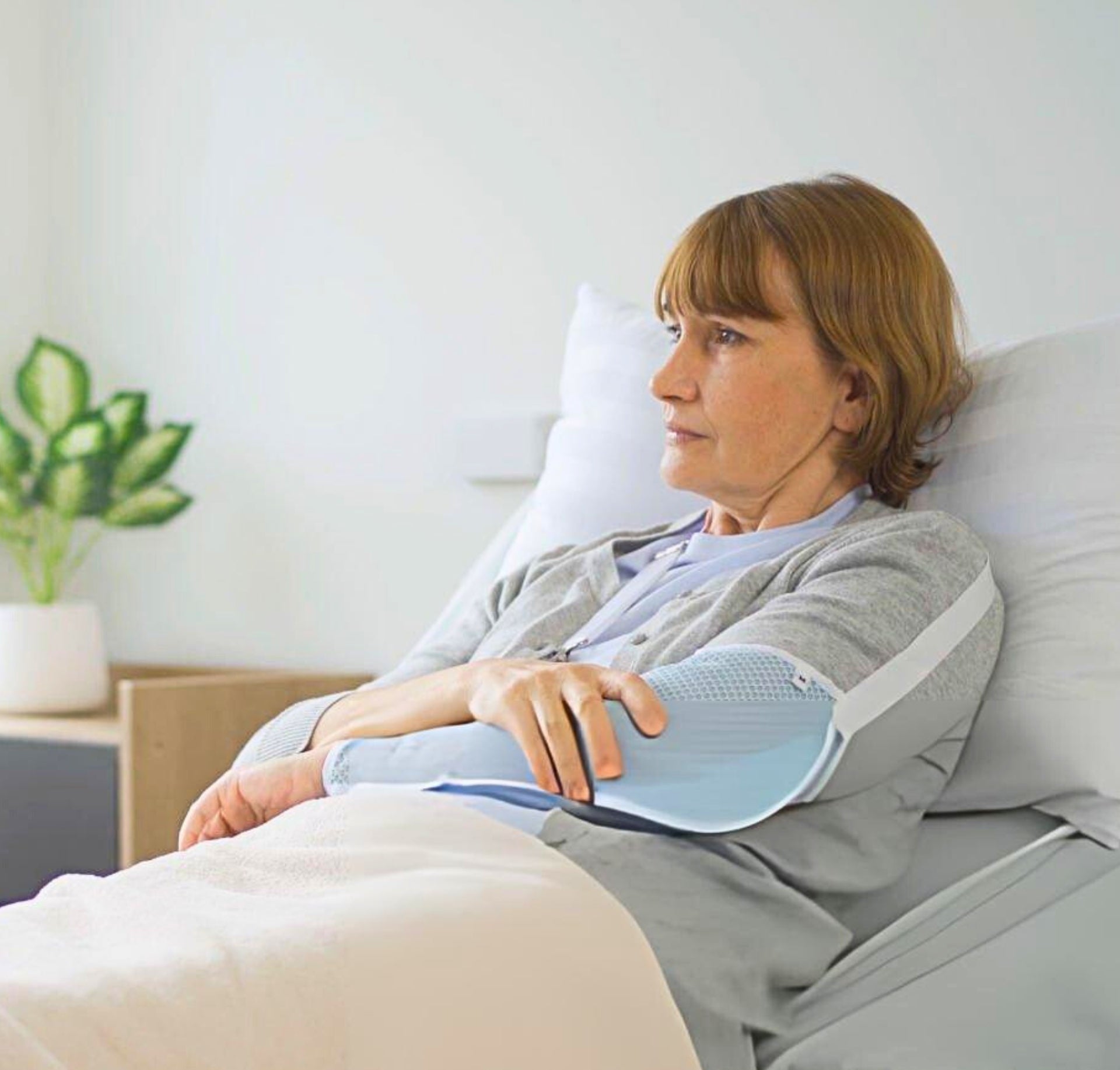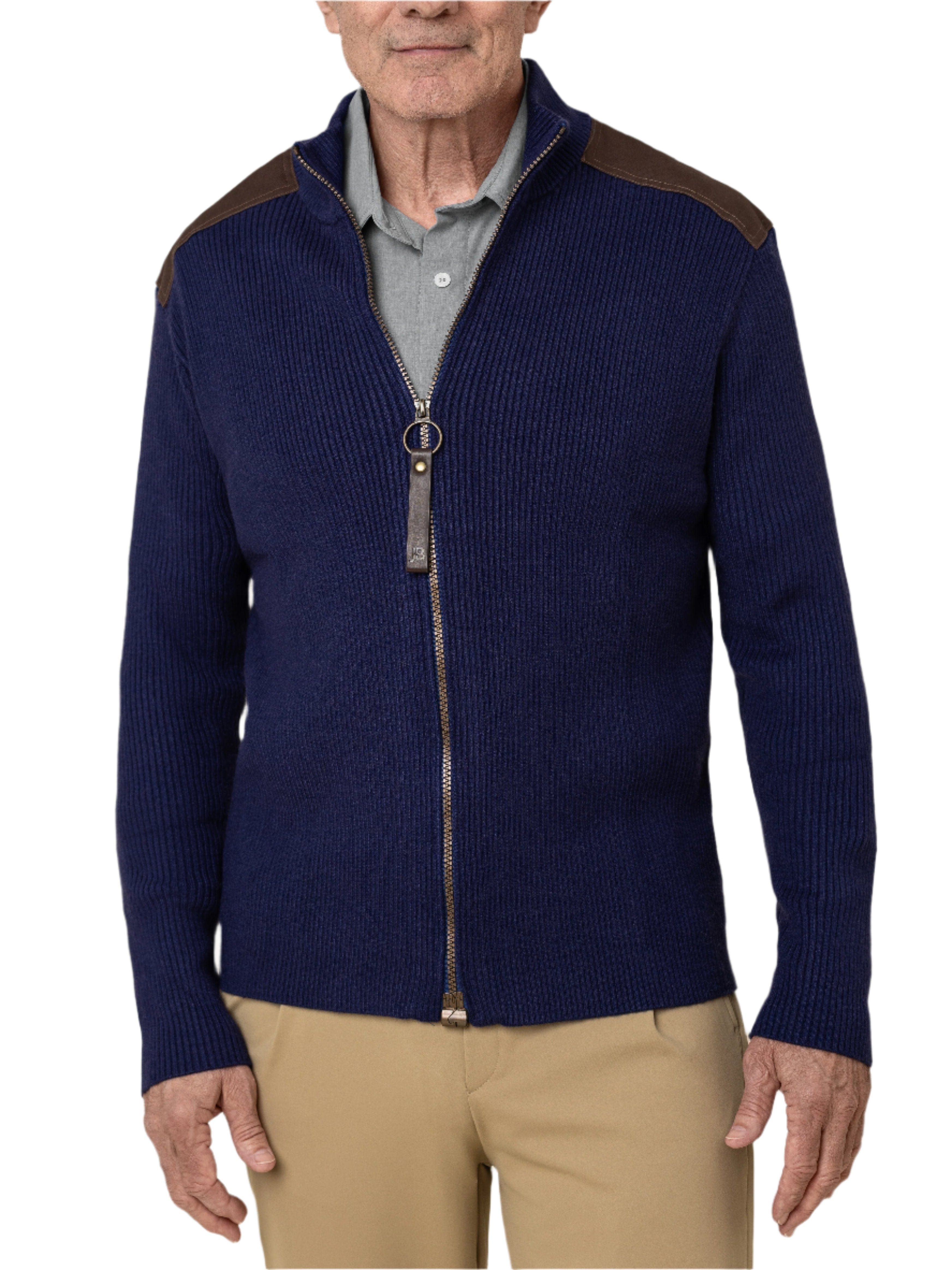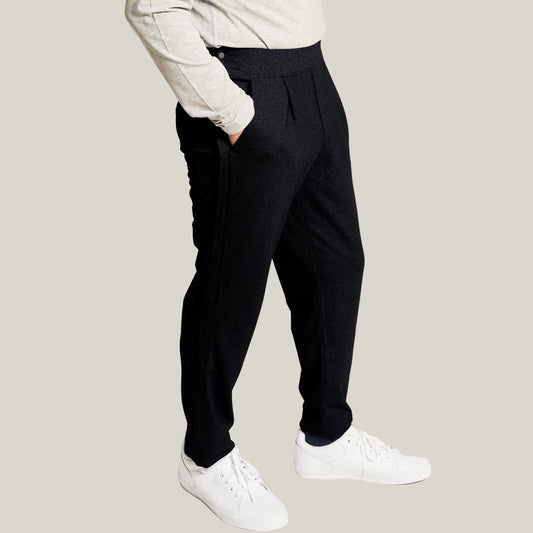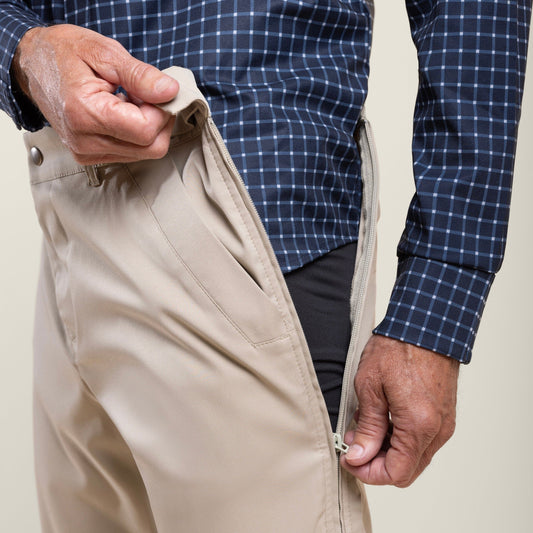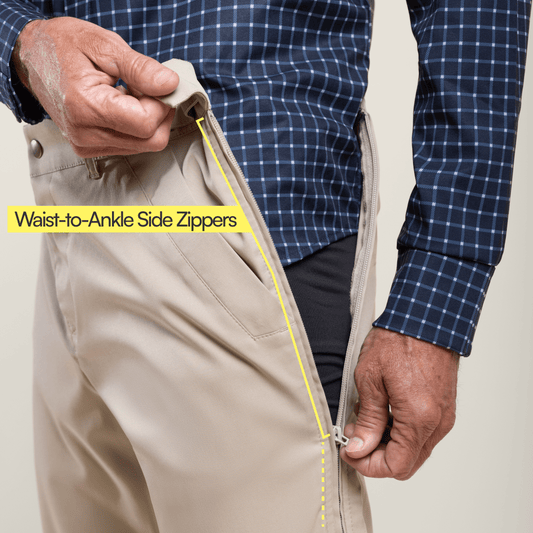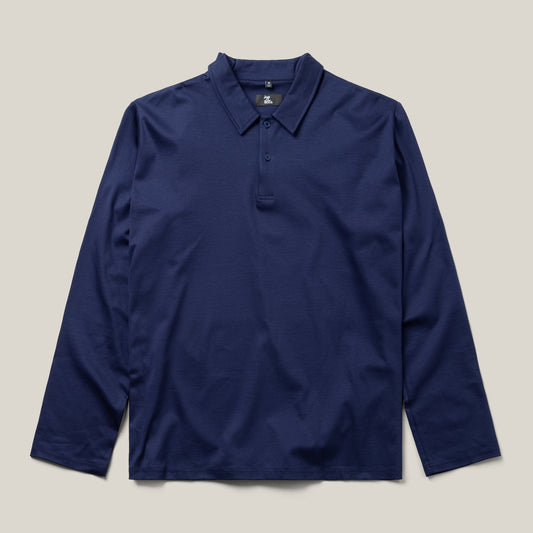Lucinda Koza is the founder of i-Ally, a platform for Millennial family caregivers. After her own experience becoming her father's full-time caregiver at a young age, Lucinda decided to dedicate her life to advocating for Millennial family caregivers.
She is a member of the current TechCrunch Include Cohort, SheWorx + AWS Startups Mentorship Program 2020, All Raise Org's Visionary Voices Speakers Bureau, and the Lyfebulb Patient Entrepreneur Circle.
She recently received Honorable Mentions in the Lyfebulb + Orexo Innovation Challenge and for Intermitten's 2020 Changemaker Award. Her writing has been published in Thought Catalog and Medium Women. Passionate about storytelling and giving voice to the voiceless, Lucinda also premiered a short film at the Cannes Film Festival in 2016.

Ben: What's your background in caregiving and how did it lead you to founding i-Ally?
Lucinda: I had just never really thought of caregiving before at all, until I became a caregiver. Which is a big problem in our society. I had just turned 31. My parents are divorced and both of them remarried. My dad's now twice divorced. So my family was already fragmented. I still had a very good relationship with my dad, but I hadn't been really around him too much. I live in New Jersey, and he was living in South Carolina.
I was hearing that he was having all of these problems. Everyone around him thought he was just having a major drinking problem. He was an alcoholic at the time. But his drinking problem masked other symptoms that he was developing, like slurring speech, and just saying things that didn't make sense. He lost his balance, and was just not doing well. But no one did anything about it, or was even concerned about it, except for me.
So finally one day I was in town and was supposed to meet up with him. He called me as he was driving, and told me that he didn't know where he was. I asked him to pull over.
At the time it was terrifying. I thought he could kill himself or somebody else. He couldn't tell me where he was. And when I told him to pull over, he just laughed. He couldn't really figure out a way to assess the situation other than to laugh. And what really struck me was that something bigger seemed to be happening. Something is really wrong. He's not just drunk. Something cognitive is happening. So when I finally tracked him down, it hit me like a ton of bricks, because I realized I'm going to have to address this right now and I'm going to have to do it alone. And I just felt all of that responsibility was crashing down on me. I had to trick him into going to the ER. When we got there, it was clear that he had had several strokes.
And at that point he had already suffered significant brain damage because he didn't get any sort of timely treatment. He had aphasia, memory loss, vascular dementia, all kinds of horrible things. I stayed in the hospital with him for five nights -- I didn't leave to eat or shower -- I completely fell through the cracks. No doctor, no nurse, no one ever sort of looked at me and asked if I was okay. Here's this young girl who clearly hasn't left the hospital floor in days. I was in shock. Looking back on it now, I'm still so shaken that that no one noticed me. I felt invisible.
I have an older brother; we had always been best friends and extremely close. I asked him to come help me and our father. This is horrifying. This is a huge responsibility. And he just said, no, and didn't provide any sort of reason or excuse. And that was almost a bigger blow than the fact that my dad was so ill. It really felt like I was losing both my father and brother at the same time.
Since my world turned upside down, I've learned a lot about caregiving. It's incredibly common for all caregiving responsibility to fall to one person, even when there's an extended family that could provide support. So I've been on a complicated journey. I've accepted that I can't understand everything, and that I can't control how other people respond to a crisis.
Of course I have a lot of anger. No one from my family showed up. My dad's new wife left him right then and there -- while he was in the hospital. I didn't know her too well but was pretty shocked at how quickly she left his life right when he needed her the most. His colleagues of 30 years at least came by once to visit him. They thought he was about to die and this would be their only chance to say goodbye.
With my anger, I soon became disillusioned. I felt lost. I couldn't believe that I was the strongest person that I knew -- it's, so it's such a bizarre feeling not to have anyone to look up to anymore, or anyone to depend on anymore. All of a sudden I was completely alone.
I became my dad's caregiver. I lost my job because I was taking so much time off and didn't really know how to advocate for myself at work while also struggling to properly advocate for my dad at the hospital. It's not easy at all being a family caregiver. I wasn’t prepared for this role let alone had time to emotionally process this massive life shift.
I became my dad's Power of Attorney and took over his finances while he was still in the hospital. Not surprisingly, that was an additional stressful burden for which I wasn’t prepared.
With all of the anger and devastation and shock, I had no way to channel it. I soon concluded that I'm going to make it my mission to not let this horrible experience happen to anybody else. If I can't tell everyone how angry I am, since that's just not productive, then I'm going to tell my story and I'm going to use my pain to help others.
I wanted to connect with others who have been or are in this situation where they had to suddenly become a caregiver without any support. This is what drove me to found my company, i-Ally. I want to unite people who have fallen into a similar situation in order to have that sort of peer support and have each other's back. We share resources and recommendations and advice. Soon after its founding, i-Ally, grew much quicker than expected, and I've made it my full-time career.
Ben: Thank you for sharing that story. I know it's probably not easy to do. And it's really inspirational to see how you took your pain and created something so helpful for other people. You're not a typical caregiver. Most become caregivers much later in life, and with a little foresight that their parent or spouse is going to need more help. Your change came much earlier and more suddenly. Others might have had some savings set aside for a move to assisted care or the hiring of a professional caregiver. You weren't given that prep time. But what's so amazing about your story is that you seemed to have gone from being lost in the hospital, to running a business that's helping others. I'm curious how you figured so much out when you're in a town where you don't live, you're in this hospital, you're alone, you don't have that support. So how did you practically move forward and start doing things and accomplishing so much for him?
Lucinda: My dad needed to go to a rehab facility following the stay in the hospital to recover from the stroke. There was a social worker at hospital who talked to me, but none of it was about my wellbeing, which I think is the huge failure. Of course her primary concern was my father, but still. She did at least point out that my dad had insurance and needed rehab. He also needed speech therapy, occupational therapy, and physical therapy. When my dad was transferred to rehab, I realized soon that I couldn't just stay there with him like I did in the hospital. That was really tough. I was afraid to leave him alone. And I was just afraid to be on my own.
My mom was actually on her honeymoon at the time with her new husband. But she lived in the same town as my dad and let me stay in her house while she was away. Staying there, I never felt more alone. I was in such shock that I didn't know what to do with myself. I was so consumed with my dad's needs that I forgot about my own. There was no food at her house. Thinking back on it, why didn't I just go to the grocery store? I didn't have the emotional or physical energy to go get groceries. All I could do was go to the rehab facility to be with my dad and then go back at night. I didn't have it in me to make a stop along the way and get groceries. I remember feeling like I was in the Walking Dead; I was in someone's house, but no one was there and there was no food. I'd rummage through the cabinets hoping food would magically appear.
The only person I interacted with was my father who had no idea really what was going on. So I it felt like I'm in this post-apocalyptic world. I felt so dreadfully isolated. I was working as a social-media manager at the time, trying to keep my job and convince my boss to allow me to work remote for the time being. That didn't work out, so I lost my job. I had all of these traumas happening at once.
During this chaos, when my father was slowly recovering, I was told that he was done with rehab. Insurance was done covering it, so he had to leave. But he couldn't live on his own. So he moved into an assisted-living community. I had to make some big decisions for his care --- quickly -- without anyone giving me advice or support. I was completely alone in all of that. The decision-making and pressure drained me physically and emotionally. Oh my gosh. It was horrible.
Ben: How were you able to fight through so many different challenges?
Lucinda: My dad at that point was all I had. Helping him was the only thing that kept me motivated, especially knowing that he had no one else. He was abandoned by his wife. His colleagues failed him; his son, ignored him. And I just felt like he had not deserved any of this. And I also felt guilty that I didn't do something sooner.
Ben: How long have you been caregiving for him?
Lucinda: It's been going on for three years.
Next week we will share the second part of our interview with Lucinda and learn more about her story and her i-Ally.






